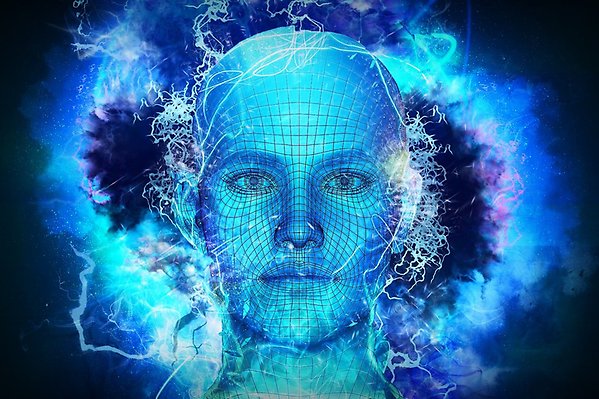Science, worldviews and education

Research within the theme Science, Worldviews and Education focuses on how people’s worldviews are shaped by science, technology, and religion, and what didactical challenges these questions about worldview formation, revision, interaction, and criticism create for public education in pluralistic and secular societies.
The point of departure is that not all people are religious, but all people have a worldview. They have, or express in their lives, particular attitudes, beliefs, and values about who they are, what the world is like, what their place in it is, what they must do to live a good life and what they can know and rationally believe about these things. Religious people are typically aware of that they have a worldview, but such a self-understanding is less common among non-religious or secular people. Still, we find in our society people who actively try to develop secular worldviews that go beyond mere atheism or religious skepticism, such as secular humanism, naturalism, scientism and transhumanism. These and less explicit and systematic secular outlooks on life need to be identified and analyzed, and related to religions present in our contemporary society.
Core questions to be addressed in this theme are: (1) what is a worldview? (2) How should we understand the difference between religious and secular worldviews? (3) What secular worldviews are emerging and what distinguish them from each other? (4) How could we engage, critically and constructively, in a civil dialogue with people who have radically different worldviews from the one we embrace ourselves? (5) How are secular worldviews treated in religious education in schools and in other fields of learning? (6) What didactic challenges and opportunities can increased knowledge of secular worldviews create for religious education in relation to current debates on intercultural pedagogy and religious literacy?
Ongoing research projects
- Artificial intelligence, democracy and human dignity (Wallenbergstiftelsen)
- The Artificial Public Servant
(Wallenbergstiftelsen)
